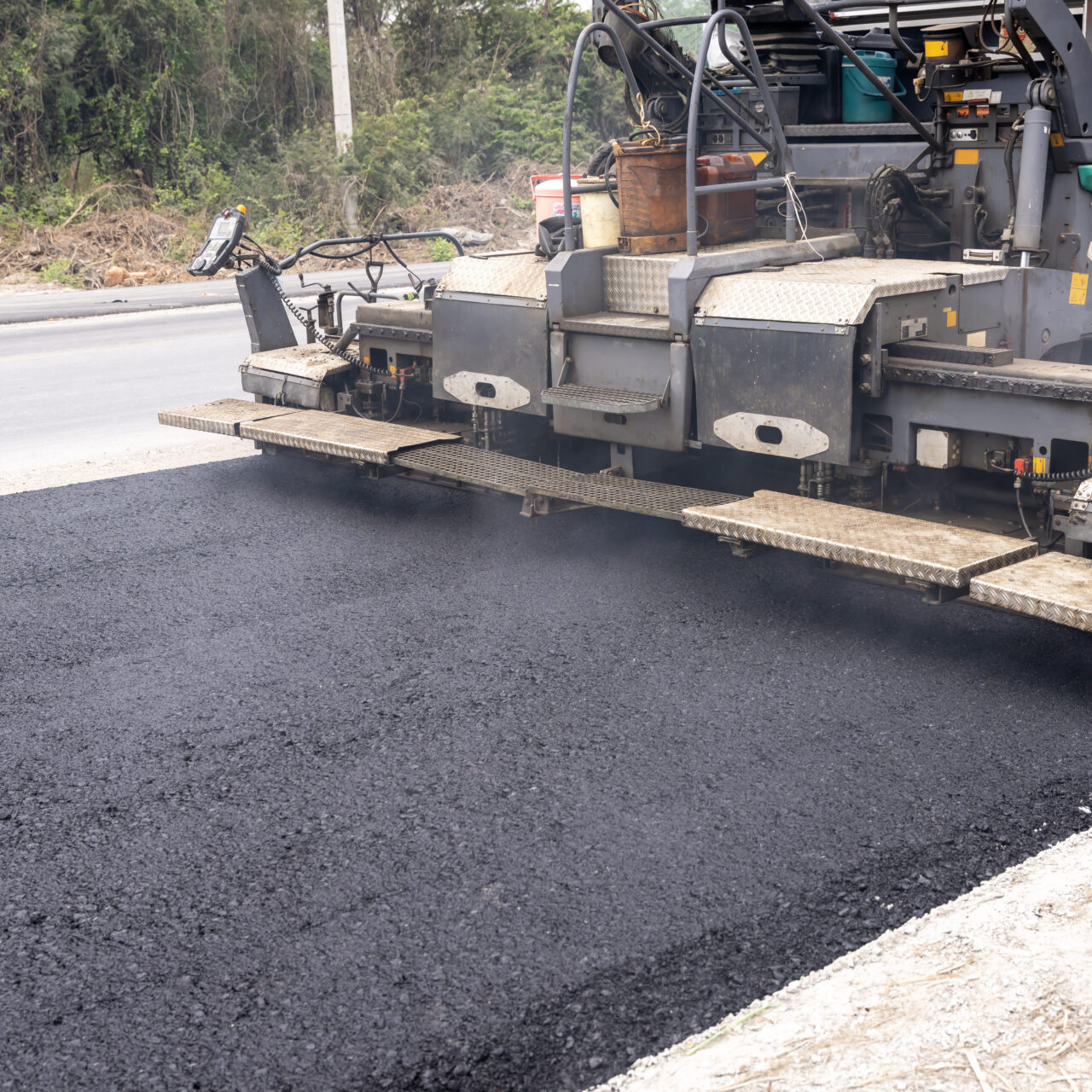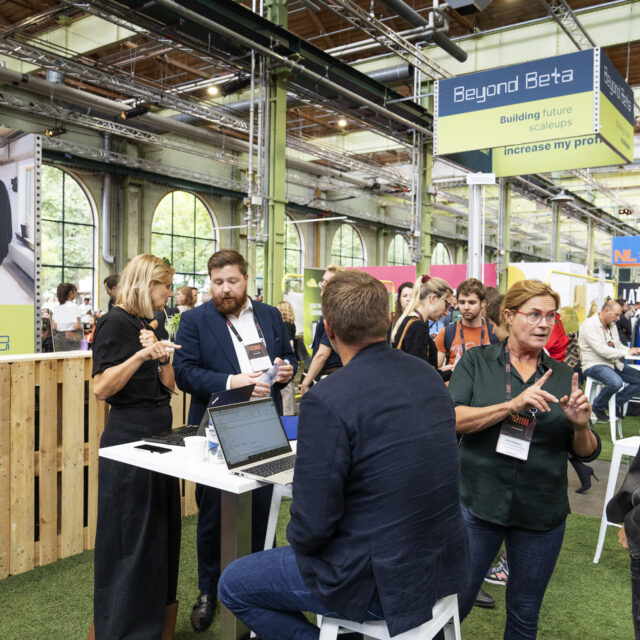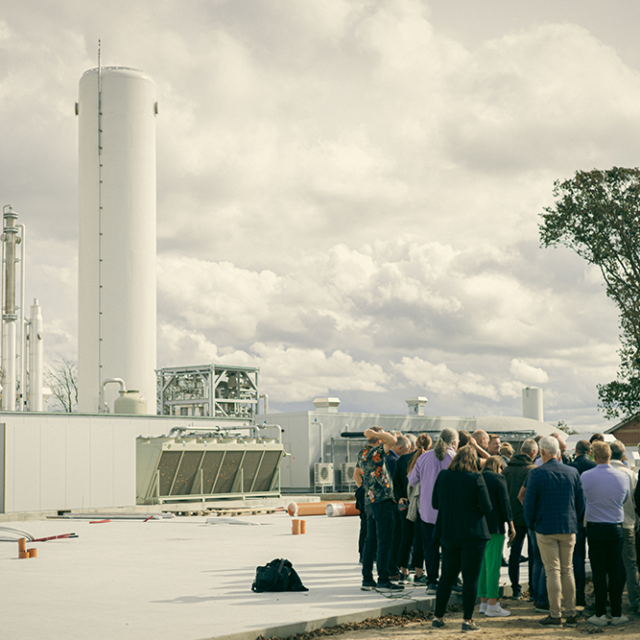Bio-based road surfaces with a lower carbon footprint
Challenge:
Road construction is energy-intensive, and asphalt in particular cannot be produced without oil refining. At the same time, asphalt is expensive to produce, energy-intensive and not climate-friendly. Asphalt and the oil in it therefore need an alternative that can reduce CO2 emissions, make it fossil-free and cheaper in materials.
Solution:
In this knowledge bridge project, the partners will explore a new innovative approach to the production of road pavement using sawdust and crushed asphalt. In addition, they will investigate whether the structure-forming and adhesive properties of fungal organisms can be developed to bind road particles together.
The use of fungal organisms has the potential to significantly lower the CO2 emissions and material costs of road construction as it is based on biogenic materials.
Impact:
Although asphalt can be recycled, in Denmark only about 30% of new asphalt is recycled. As this is a completely new material and a whole new way of thinking about road surfaces, the project expects to identify a number of challenges in terms of current standards and norms in this area.
In the short term, the goal is to create alternatives for less demanding installations, while in a longer perspective, the project is working on the broad application for road construction and replacement of asphalt.
Other partners:
- Lolland Savværk
- Fatto A Mano Furniture
- Munck Asphalt
Want to know more?
-

Anders Sloth Nielsen
Chief Project Manager
Tel +45 81 75 39 77
asn@cleancluster.dk
Linkedin
Partners
Other projects
All projects-
Trace
Trace contributes to Denmark reaching the national climate goals within the circular economy by 2050 with a focus on…
-
Beyond Beta – CleanTech Acceleration
In Denmark, we are among the world’s best at creating the framework for starting a business. However, newly…
-
CO2 Vision NeXt
The project is under the Lighthouse of Northern Jutland, CO2 Vision
-
COP – Cirkular Ocean-Bound Plastic
Ocean plastic pollution is a global problem that has serious consequences for marine wildlife and biodiversity, e.g.…







